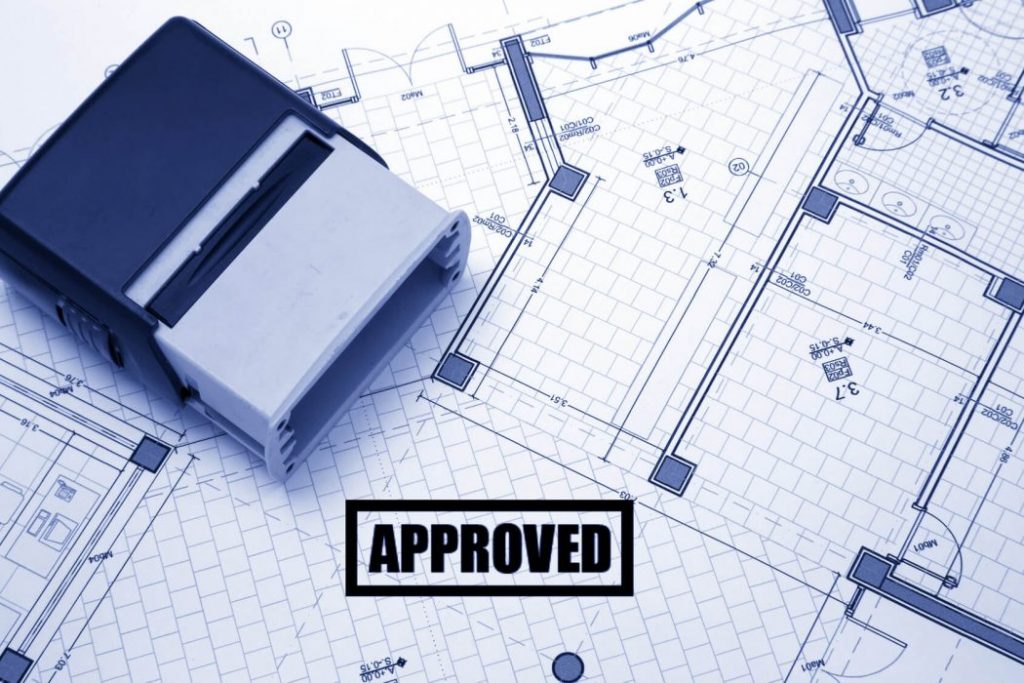The Ministry of Business, Innovation and Employment (MBIE) says it wants to modernise the building consent system to provide assurance to building owners and users that building work will be done right the first time and that buildings are healthy, safe and durable

The review is an end-to-end review of the building consent system – from the building design phase through to the issuing of a code compliance certificate.
The review of the building consent system is being delivered in 3 stages:
First, in July 2022, MBIE published and consulted on a system-wide issues discussion document, inviting the building and construction sector to have their say on their desired outcomes for the building consent system. This set a clear foundation to consider options for system change.
A total of 264 submissions were received from a wide range of participants across the sector, including building consent authorities, building control officers and contractors, industry organisations, builders, engineers, architects, tradespeople and homeowners.
Feedback from the submissions confirmed that the building consent system is broadly resulting in buildings that are healthy, safe and durable, but there are opportunities to improve the system. Consultation on the issues discussion document identified 4 key desirable outcomes that the building consent system should primarily seek to achieve:
- Roles and responsibilities are clear, appropriate and understood
- System is efficient
- System is responsive to change and continuously improves
- Regulatory requirements and decisions are robust predictable, transparent and understood
The issues discussion document and submissions from the public consultation identified the following key issues impeding achievement of desirable building consent system outcomes:
- Roles and responsibilities across the building system are not well-understood. Building consent authorities hold too much responsibility for providing assurance of compliance with the Building Code and there are weak incentives on other system participants to get it right first time.
- Capacity and capability constraints within the sector and building consent authorities are affecting the performance of the consent system and building outcomes.
- The consent process is not sufficiently agile for the way we design, procure and build. Rigidity in the building consent system is stifling innovation.
- Differences in application requirements, processes, systems and interpretation, both between and within building consent authorities, creates confusion, frustration and uncertainty for owners, designers and builders.
- The system is not sufficiently responsive to Māori needs and aspirations.
- System monitoring is too focused on detailed auditing of building consent authorities rather than monitoring the performance of system outcomes.
The Government’s final policy position statement ‘Risk, Liability and Insurance in the Building Sector’ has also been released. This informs the public of the history of these settings and why they remain appropriate at this time.
We are taking a whole-of-system perspective to risk and liability in the building sector, examining all elements of the building control system, with the aim of getting building work ‘right first time,’ ensuring the inputs into building process are high quality, rather than focusing on liability and culpability when things go wrong.
About this consultation
The second stage, now, is the release and public consultation of an options paper that sets out a range of options and pathways to reform the building consent system. The options paper seeks feedback in the following 8 areas:
- Promoting competition in the building regulatory system
- Removing impediments to product substitution and variations
- Strengthening roles and responsibilities
- New assurance pathways
- Better delivery of building consent services
- Better performance monitoring and system stewardship
- Better responding to the needs and aspirations of Māori
- Addressing the interface between the building and resource consent processes
Preferred options for change have been identified. Noting an option as ‘preferred’ indicates there is broad support for change and policy work is sufficiently advanced. These options can be prioritised for system change, however all options are on the table to reform the system.
The sector and the wider public, including consumers, are invited to provide feedback on the options identified and the benefits, risks, costs and disadvantages of these options.
The options paper is broad. You can choose to respond to any sections in the consultation – you do not have to complete all the sections. You can also suggest other options if you consider they will help achieve the outcomes sought.
You can provide your feedback via an online survey, email or post.
Submissions for the consultation closes at 5pm on 21 August 2023(extended from 7 August 2023).
After the consultation
Following this consultation, MBIE will analyse the submissions received and work towards the next stage of the building consent system review – providing advice to Ministers on what options should be progressed as a priority and, following Government decisions on which changes to go forward with, the detailed design of options chosen.
The second and third stages will be delivered over the course of 2023 and 2024. This work will determine the extent of policy and legislative changes required.






